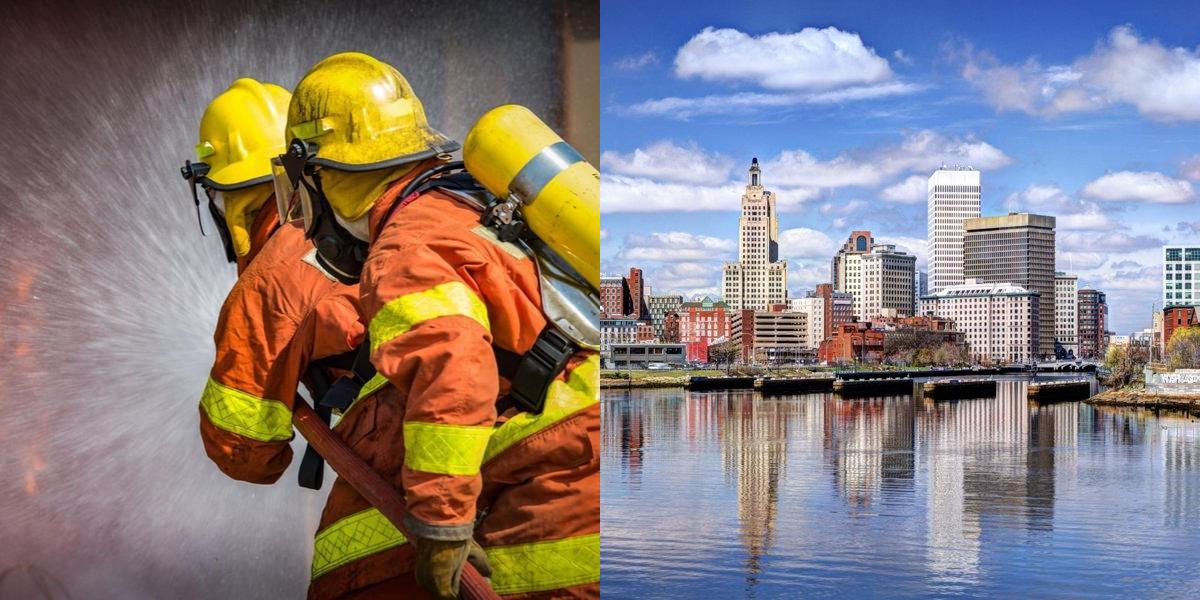How to Become a Firefighter in Rhode Island

Becoming a firefighter is a noble and rewarding career that combines physical fitness, specialized training, and a passion for helping others. In this guide, we’ll explore the steps to becoming a firefighter, firefighter salaries, and the exciting career opportunities in this heroic field.
Key Points
- Firefighting is a challenging profession focused on protecting lives and property from fires and emergencies.
- In Rhode Island, you need to complete firefighter training, pass written and physical exams, and meet other state-specific requirements to become certified.
- Firefighter training typically lasts 6 to 12 months, blending classroom learning and hands-on experience.
- The median salary for firefighters in Rhode Island is $65,840 annually, with potential for higher earnings based on experience and rank.
- Career advancement opportunities include roles like fire inspector, rescue specialist, or positions in emergency management.
Career Paths and Opportunities After Becoming a Firefighter
Firefighting opens doors to various specialized roles and career growth:
- Fire Inspector/Investigator: Ensure fire code compliance and investigate fire causes.
- Emergency Medical Services (EMS): Provide advanced medical care at emergency scenes.
- Specialized Rescue Teams: Work in high-risk scenarios like urban search and rescue or hazardous material handling.
- Leadership Roles: Advance to positions like lieutenant, captain, or battalion chief.
- Fire Education and Prevention: Teach fire safety and prevention techniques to communities.
Frequently Asked Questions
How much do firefighters make near Rhode Island?
As of May 2023, firefighters in Rhode Island earn a median annual salary of $65,840, according to the Bureau of Labor Statistics. However, this figure can vary depending on factors such as location, department size, and experience, with more experienced firefighters and those in higher-ranking positions potentially earning more.
How long does it take to become a firefighter in the US?
Becoming a firefighter in the U.S. typically takes around 6 to 12 months. This includes completing a firefighter training program, which combines both classroom instruction and hands-on practical experience. Some departments may also require additional certifications, such as Emergency Medical Technician (EMT) training, which can add to the timeline.
How to start out as a firefighter?
To start out as a firefighter, first ensure you meet the basic requirements such as age (usually 18 or older), a high school diploma or GED, physical fitness, and a valid driver's license. Then, enroll in a firefighter training program, which will provide you with the essential skills and knowledge needed for the job. After completing your training, pass the written and physical exams, obtain any required certifications (such as EMT), and start applying to fire departments.
Final Thoughts
Firefighting is more than just a career—it’s a commitment to serving your community and making a difference in the lives of others. With proper training, certifications, and dedication, you can build a rewarding career in this field.
Ready to start? Visit Dreambound to explore firefighter training programs in Rhode Island and take your first step toward becoming a hero.
Thinking about making a career switch? Dreambound has written thorough guides to help you understand different options available to you.




